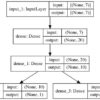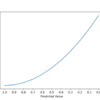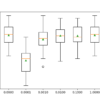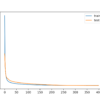The multilinear regression model is a supervised learning algorithm that can be used to predict the target variable y given multiple input variables x. It is a linear regression problem where more than one input variables x or features are used to predict the target variable y. A typical use case of this algorithm is […]










